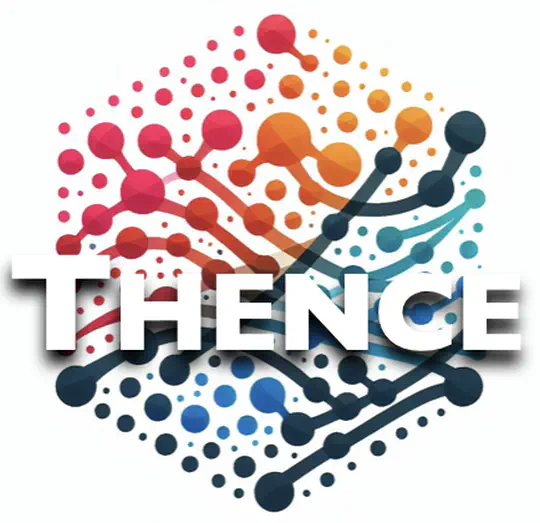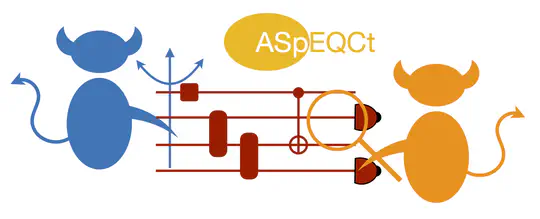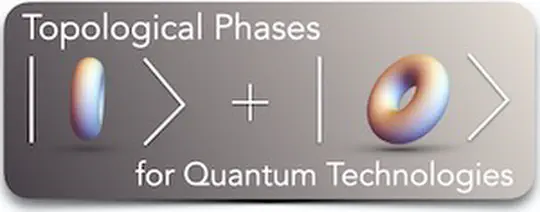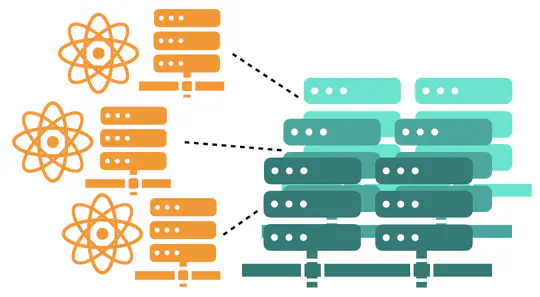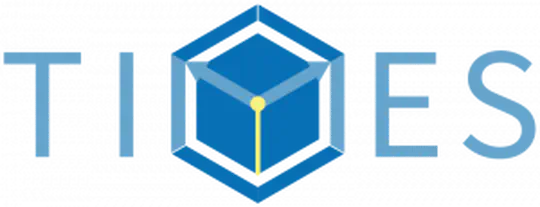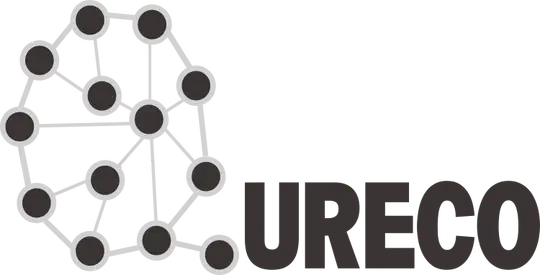Projects
A main challenge in quantum technology development is mitigating or, conversely, exploting the interaction with the environment. THENCE tackles this by devising effective TDDFT methods, exploring measurement-induced phase transitions and designing spin Hamiltonians in engineered photonic lattices.
The ultimate limit to heat generation by computers – a key issue for developing new information technology devices - must be evaluated from a thermodynamics of computation standpoint. A lower bound is set by the Landauer limit, at which computation becomes thermodynamically reversible.
This PRIN project aims at identifying, characterizing and effectively detecting a number of topological and/or non-Hermitian properties with potential applications for quantum technologies in engineered setups comprising atoms coupled to photonic baths with tailored non-trivial structure.
The objective of HYQELM is to develop hybrid quantum algorithms for implementation on Quantum Extreme Learning Machines (QELM), leveraging their fault tolerance for use in the Noisy, Intermediate-Scale Quantum (NISQ) regime.
QuCoM's core goal is to establish the initial-level feasibility of an accelerometer based on levitated nanomechanics. We aim to achieve this by studying the interaction between quantum mechanics and gravity at a level that allows for cost-effective experiments on a standard lab table.
The interplay of correlated, and coherent behavior in electrons, spins, photons, and nuclei within materials holds the key to unlocking a new era of quantum technologies. By delving into the ultrafast dynamics of these systems under non-equilibrium conditions, we can pave the way for breakthroughs in quantum computing, information storage, energy-efficient light-emitting devices, and single-photon sources.
QuReCo aims to push forward our current understanding of quantum reservoir computing, through the development of a precise characterization of the optimal architectures taking into account the features of the specific platforms used, as well as the impact of noise and thermodynamic constraints.
